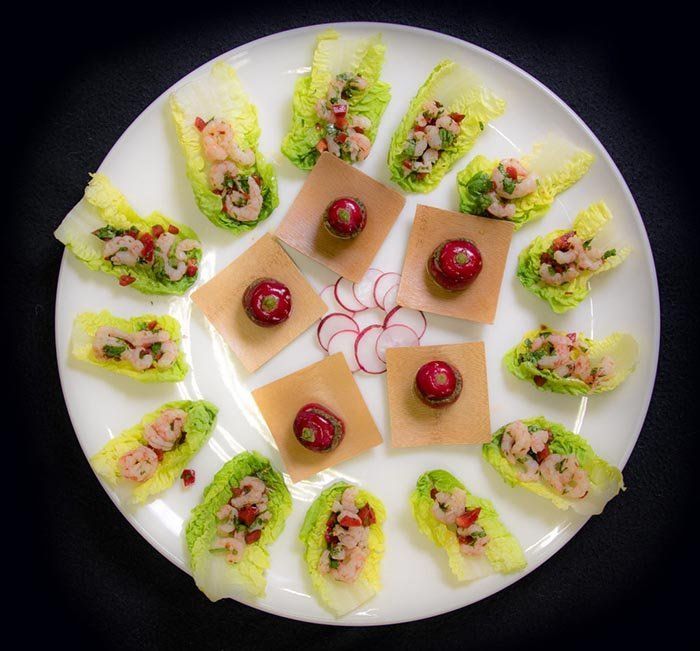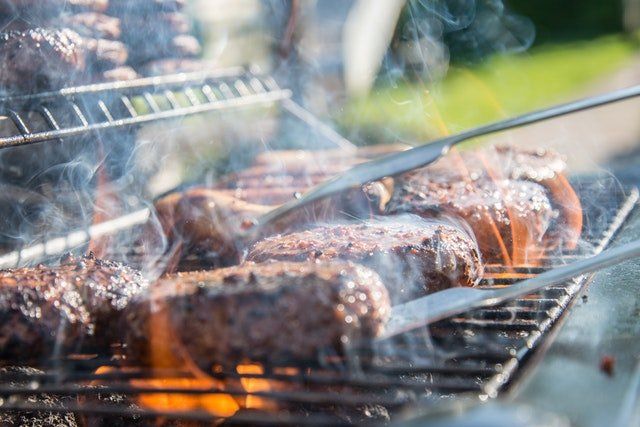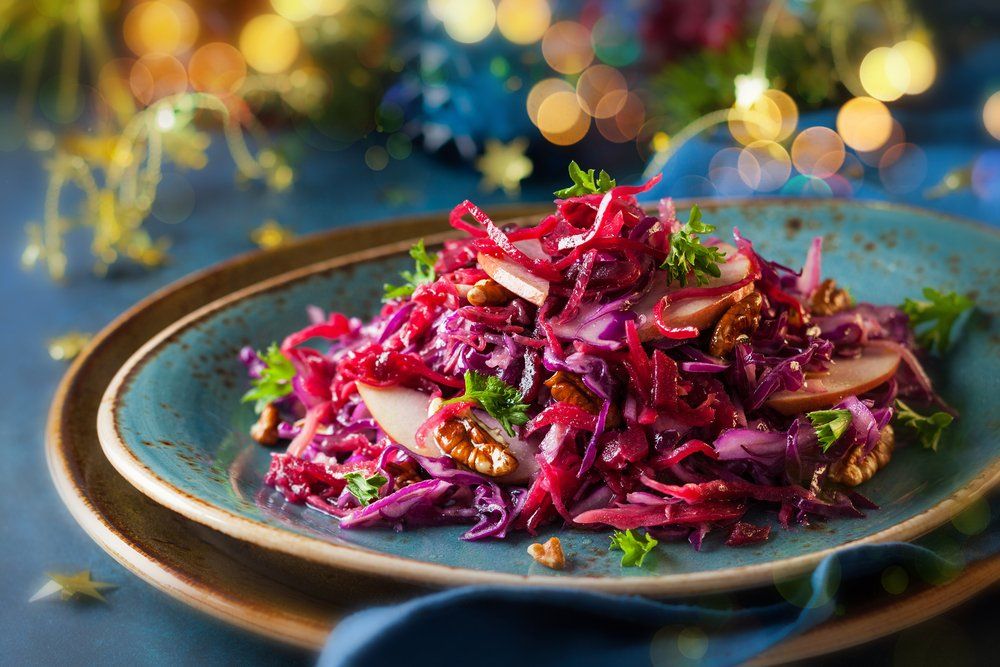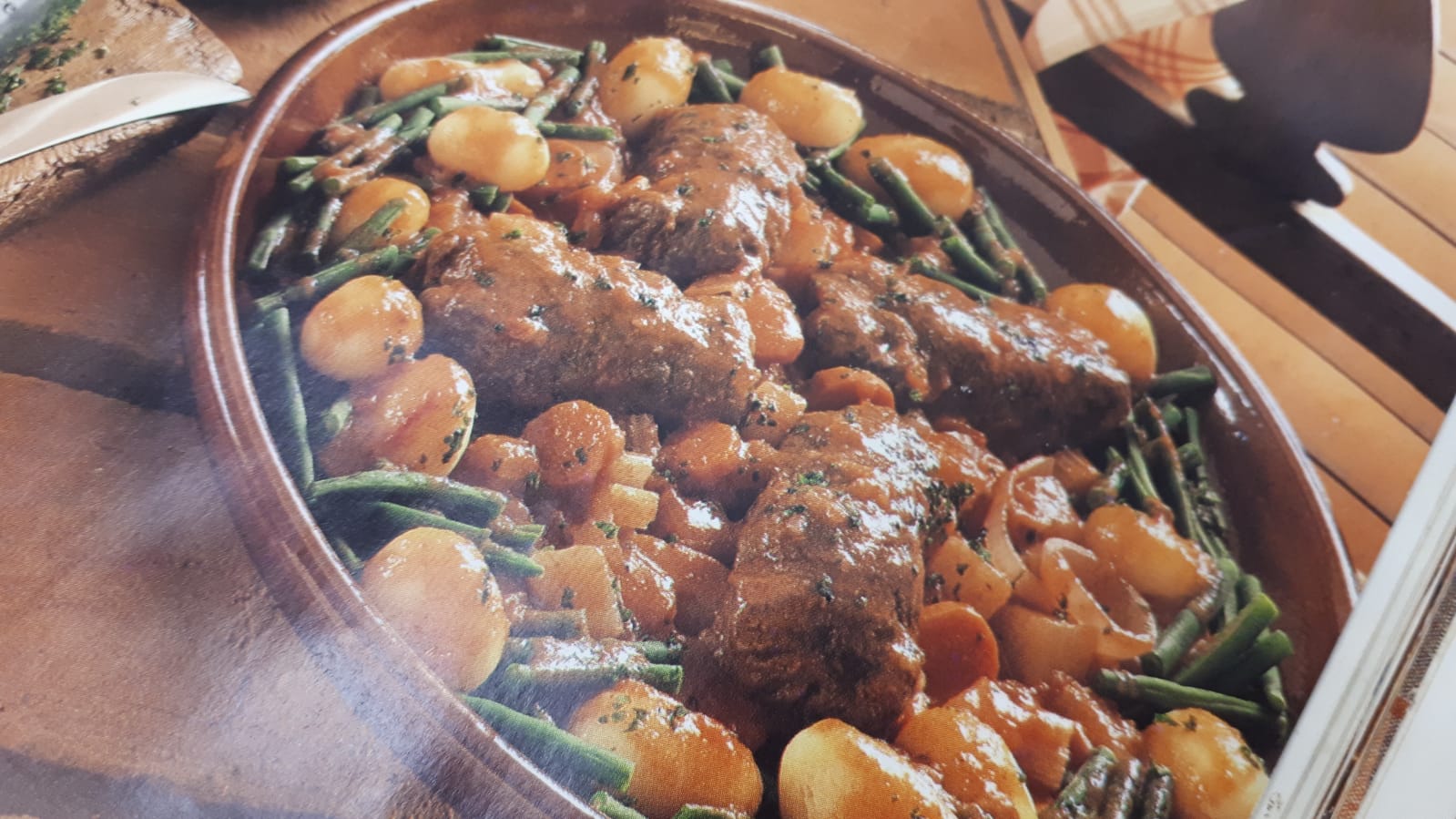Why We Believe British is Best
- By Sonya Meagor
- •
- 29 Oct, 2018
- •

At eco cuisine we talk about sustainability a lot. And, we hope our commitment to sustainability is evident in how we operate – we even founded the North London Sustainability Network to help further our goal of spreading awareness about why sustainability is important.
You will hear us talk about seasonal eating and as we are based in England, that means buying British wherever possible. In today’s blog post we want to talk about why British producing and buying British is important to us.
Choosing British means supporting British farmers whose work helps to keep the British countryside the way we want it to look: without sheep, or cows, or fruit, or vegetables – there would be no countryside as we know it!
By selecting British produce you will be supporting the economy – everyone from the farmer, to those who work in food processing and the retailers selling the food (especially if it is an independent greengrocer – of which we have many in North London).
British food travels less far from farm to shop so has a lower carbon footprint than most imported foods, which travel air miles! It makes sense that food that hasn't travelled for hours or days is going to taste fresher and be at its best. How many times have you bought fruit from a supermarket that never seems to ripen or when it does it suddenly is ripe then shortly after goes rotten.
Eating British fruits and vegetables in season is good for you. Foods in season contain the nutrients, minerals and trace elements that our bodies need at particular times of the year and, even better, they are cheaper for you to buy.
If you’re a meat eater, remember, British meat is produced to some of the highest welfare standards in the world: no growth-promoting hormones are allowed and any antibiotics are administered only under veterinary direction. Plus, Britain's pig farmers operate by UK law to standards of welfare that are higher than those of nearly every other EU member state.
Britain's beef and sheep industries are the envy of the world; breeding livestock and genetics from our native breeds are much sought after by farmers in other countries. Protect our great native livestock industry by buying the real thing, not an imported substitute. Britain's cattle passport system means that each animal can be uniquely traced to its dam (mother) and place of birth.
British chicken is the safest chicken meat in Europe: 2% of British chickens have salmonella whereas 30% of European chickens have the disease.
If you check labels when you're shopping you'll be surprised how much British produce you can buy and adapt recipes to include fresh seasonal produce. As an example, in a curry you could use cabbage as your green - you can even buy British grown pak choi and choi sum.
Why not try buying British for a week and see how you get on...……….

The Millfield theatre is home to eco cuisine and the events have been held here too for that reason.
OLIO (the food app) and NLWA (North London Waste Authority) CROPDROP (local Haringey boxed fruit/vegetable scheme) plus our very own Sonya Meagor (eco cuisine) are confirmed as our first speakers and we're For each event, we support a North London based charity related to the event theme - for this event we're delighted to collaborate with The Felix Project .
TICKETS
https://www.eventbrite.co.uk/e/sustainable-food-packaging-tickets-61490383392?aff=website


With less than two weeks until Christmas and the holidays nearly upon us, the shops are stocked with delicious festive treats and people are already stocking up on Christmas food fit for a feast or two.
But, just because it is Christmas doesn’t mean we should not consider what is in season and keeping sustainability at the forefront of our minds.
So, what is in season over December and the winter seasons in Britain? Well, thankfully many of the Christmas time favourites are favourites for a reason – they’re traditionally easily grown and sourced in the U.K. over winter. Cabbage, sprouts, potatoes and onions, celeriac, celery and carrots as well as parsnip and swede are all in season this time of year. Not forgetting chestnuts, beef and venison and even guinea fowl too.
So roast dinners with all the trimmings can be environmentally friendly! Of course clementines, pomegranates and dates are seasonal favourites too and these are obviously not sourced locally.
Whatever you buy and eat over the festive season, remember to consciously consume – making informed and conscious decisions about what you buy and eat.
In the lead-up to the Christmas break we enjoy hearty, warming foods, keeping us warm in the cold weather and suitably fuelled over this busy season.
We enjoy Rumbledethumps – for those who haven’t heard of it, it is the Scottish equivalent of bubble and squeak as it is often made with leftovers, though it isn’t usually fried. It is a lovely filling dish served as a side or when served with a nice piece of fish or chicken breast can even be a substantial main meal.
Rumbledethumps
550g large potatoes,
350g swede
60g unsalted butter
250g kale, finely sliced
1 small onion diced
Sprigs of thyme
25g cheddar cheese, grated
Preheat the oven to 180C/350F/Gas 4.
Peel and chop the potatoes and the swede and chop into large chunks. Next, boil in a saucepan tender. Drain and return to the pan.
Heat three quarters of the butter in a pan on medium low heat and cook the kale and the onions for a few minutes, until the kale is tender and onions lightly browned.
Add the kale and onions to the pan with the potatoes and swede then add the remaining butter and mash together. Season, to taste, with salt and freshly ground black pepper.
Place the mashed medley into an ovenproof dish and top with the cheese. Cover with a lid and bake in the oven for about 20 minutes, then remove the lid and continue to cook for a further 15 minutes, or until piping hot and golden-brown on top. Serve with fresh thyme.
What winter dishes keep you going in the lead-up to the Christmas break? Let us know in the comments.








